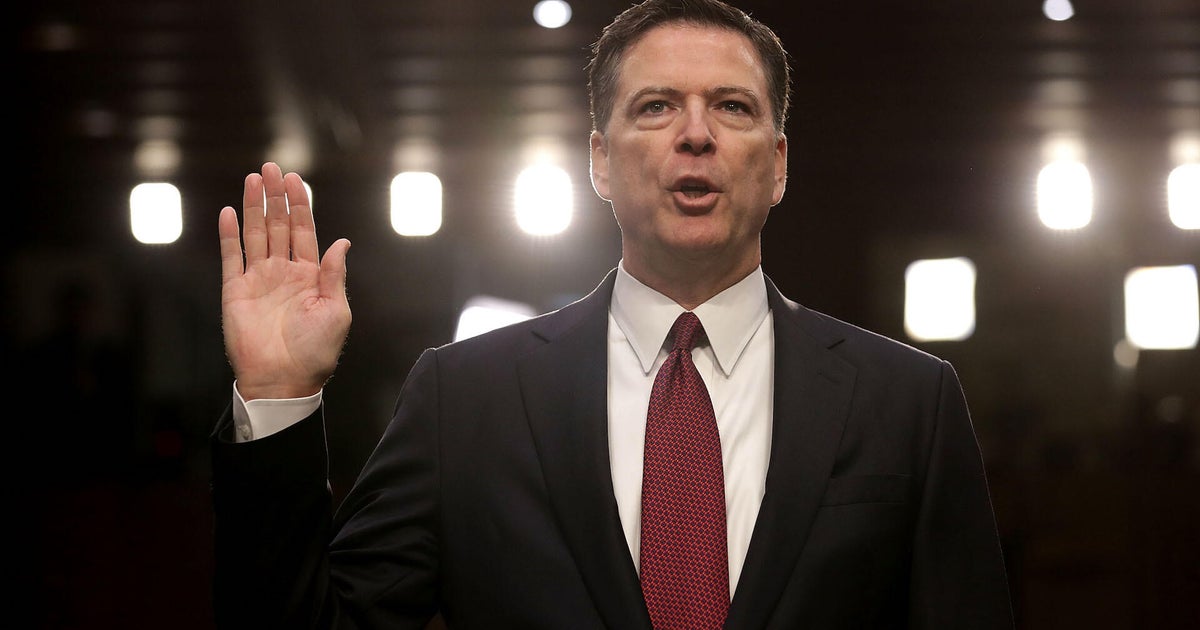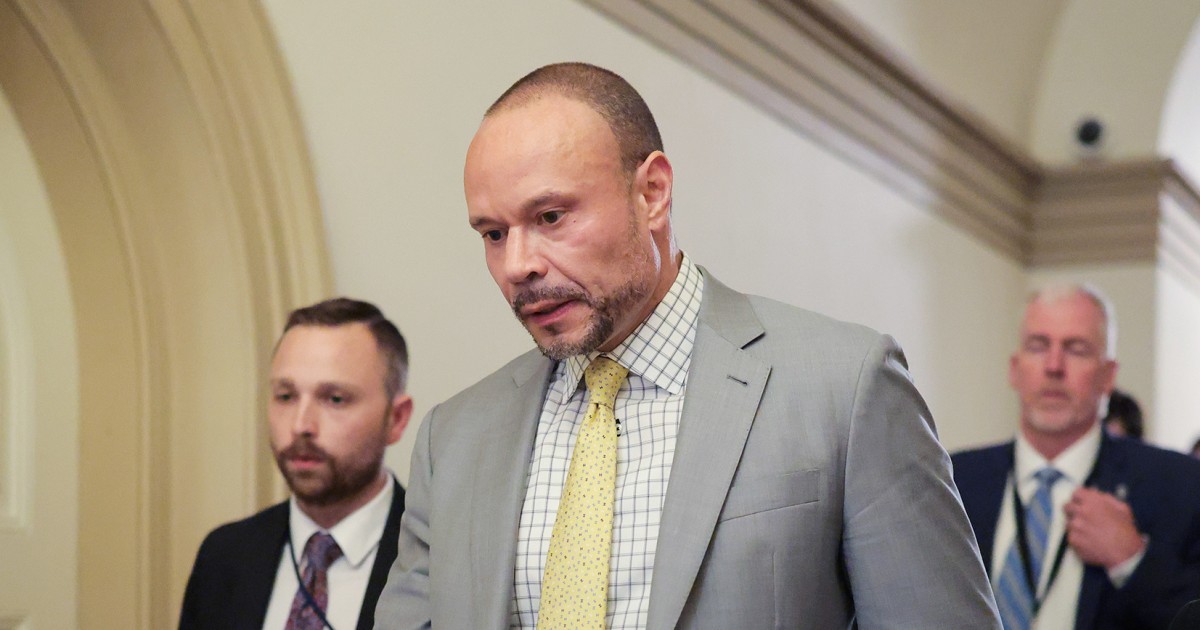Former FBI Director James Comey Pleads Not Guilty

Former FBI Director Pleads Not Guilty
James Comey, the former FBI director known for his outspoken criticism of President Trump, pleaded not guilty to federal charges related to his 2020 testimony before the Senate Judiciary Committee. The indictment, announced last month, accuses Comey of lying to Congress by denying he authorized leaks to the media. During his arraignment, Comey’s attorney announced plans to file motions challenging the prosecution as vindictive and unlawful.
Background of the Charges
The charges stem from Comey’s statements during a Senate hearing in September 2020, where he testified about FBI operations and his interactions with the Trump administration. The Justice Department alleges that Comey obstructed justice by providing false information, a claim Comey vehemently denies. This case has reignited political tensions, as supporters view the prosecution as politically motivated.
Legal and Political Implications
This high-profile legal battle highlights ongoing disputes over government transparency and accountability. The outcome could have significant consequences for congressional oversight and the limits of executive influence on federal investigations.
About the People Mentioned
James Comey
James Brien Comey Jr. (born December 14, 1960) is an American lawyer who served as the seventh Director of the Federal Bureau of Investigation (FBI) from September 2013 until his dismissal in May 2017. Before leading the FBI, Comey held prominent roles in the U.S. Department of Justice, including U.S. Attorney for the Southern District of New York (2002–2003) and Deputy Attorney General (2003–2005), the latter being the second-highest position in the DOJ. After leaving government service in 2005, he worked as general counsel for Lockheed Martin and Bridgewater Associates, and was a scholar at Columbia Law School[1][3][4]. Appointed by President Barack Obama, Comey’s tenure as FBI director was marked by high-profile investigations. He oversaw the inquiry into Hillary Clinton’s use of a private email server while Secretary of State. In July 2016, he publicly criticized Clinton’s judgment but cleared her of criminal charges. However, shortly before the 2016 presidential election, Comey controversially announced the reopening of the investigation based on new emails, which many analysts believe influenced the election outcome that favored Donald Trump[1][2][5][9]. Under President Trump’s administration, Comey confirmed the FBI’s investigation into possible Russian interference and contacts with the Trump campaign. This period included Comey’s public refutation of Trump’s unsubstantiated wiretapping claims. On May 9, 2017, President Trump abruptly fired Comey, a decision that drew extensive media attention and political debate[2][5]. Most recently, in September 2025, Comey was indicted by a federal grand jury on charges of making false statements and obstruction[9]. His career remains significant in discussions of U.S. law enforcement and political history.
About the Organizations Mentioned
FBI
The Federal Bureau of Investigation (FBI) is a premier law enforcement agency in the United States, renowned for its role in protecting the nation from domestic and international threats. Founded on July 26, 1908, as the Bureau of Investigation, it was initially tasked with addressing land fraud and corporate malfeasance under President Theodore Roosevelt[1][2]. Over time, its mandate expanded significantly, particularly with the passage of the Mann Act in 1910, which allowed federal jurisdiction over certain moral offenses[1][4]. ### History and Evolution The FBI underwent significant transformation under J. Edgar Hoover, who became its director in 1924. Hoover implemented strict hiring standards and enhanced operational capabilities, transforming the agency into a robust investigative force[1][4]. The FBI's name was officially changed to the Federal Bureau of Investigation in 1935[5][6]. Throughout its history, the FBI has faced challenges, including concerns about potential abuses of power, but it has consistently demonstrated its value in national security and law enforcement[3][4]. ### Key Achievements The FBI has been instrumental in combating various crimes, including white-collar offenses, civil rights violations, and national security threats. Notable achievements include its role in enforcing the Espionage Act during World War I and its investigations into organized crime throughout the 20th century[2][4]. ### Current Status Today, the FBI is a sophisticated agency with over 37,100 employees, including special agents and professionals in various fields such as intelligence analysis and cybersecurity[5]. It operates in 55 field offices across the U.S. and has an international presence in 81 nations[5]. The FBI continues to evolve, addressing emerging threats like cybercrime and terrorism while maintaining its commitment to justice and integrity. ### Notable Aspects The FBI is known for its rigorous training programs at the FBI Academy in Quantico, Virginia, and its advanced forensic capabilities at the FBI Laboratory. Its work in business and technology includes
Senate Judiciary Committee
The **United States Senate Committee on the Judiciary** is a key standing committee in the U.S. Senate, established in 1816, making it one of the oldest and most influential committees in Congress[2][4][5]. Its primary role encompasses oversight of the federal judiciary and Department of Justice (DOJ), consideration of judicial and executive nominations, and review of legislation related to constitutional, criminal, civil rights, antitrust, immigration, intellectual property, and internet privacy laws[2][4][8]. The committee is responsible for holding confirmation hearings and investigating the backgrounds of presidential nominees to the Supreme Court, federal courts of appeals, district courts, and certain executive branch positions such as the Attorney General and FBI Director[3][2]. It plays a crucial gatekeeping role, vetting nominees before reporting them to the full Senate, which votes on confirmation[2][3]. This process has become more politically charged over time, reflecting the committee's importance in shaping the judiciary[3]. Historically, the Judiciary Committee has been instrumental in administering the judicial system of the United States, reforming judicial procedures, and protecting constitutional rights such as due process and civil liberties[1][4]. It also oversees antitrust enforcement and consumer protections, guarding against monopolies and promoting fair competition[1]. The committee's legislative jurisdiction extends broadly, covering constitutional amendments, federal criminal law, human rights, and other critical legal areas[2][4][8]. Key aspects include its subcommittees specializing in areas like antitrust, immigration, crime, federal courts, intellectual property, privacy, and constitutional issues, which enable detailed oversight and legislative work[7]. The committee has a membership of 22 senators and is a central platform for public discussion on social and constitutional issues[2][7]. In the context of business and technology, the Judiciary Committee’s oversight of antitrust laws and intellectual property, along with its influence on privacy and internet legislation, makes it a pivotal actor in regulating how technology companies
Justice Department
The United States Department of Justice (DOJ) is the principal federal agency responsible for enforcing federal laws, ensuring public safety, and protecting civil rights. Headquartered in Washington, D.C., the DOJ operates under the leadership of the Attorney General, who serves as a key member of the President’s Cabinet. As of 2025, Pam Bondi holds this position, having taken office in February and quickly shaping the department’s priorities. Established in 1870 during President Ulysses S. Grant’s administration, the DOJ’s roots trace back to the creation of the Attorney General’s office in 1789. Over the years, it has grown into a vast organization with more than 115,000 employees and over 40 component agencies, including the Federal Bureau of Investigation (FBI), Drug Enforcement Administration (DEA), and U.S. Marshals Service. The DOJ also houses specialized divisions for criminal, civil, antitrust, tax, civil rights, and national security matters, and oversees 94 U.S. Attorney offices nationwide. The DOJ’s mission centers on upholding the rule of law, safeguarding national security, and defending civil liberties. In 2025, the department has shifted its enforcement focus, prioritizing areas such as healthcare fraud, customs and tariff evasion, and corporate misconduct, especially involving foreign adversaries and financial gatekeepers. Recent policy changes have emphasized efficiency in investigations and reduced reliance on corporate compliance monitors, reflecting a broader effort to minimize regulatory burdens on businesses. Notably, the DOJ has also been tasked with reviewing past government conduct to address concerns about the “weaponization” of federal agencies, ensuring accountability and restoring public trust. For business and technology leaders, the DOJ’s evolving priorities—particularly in areas like cybersecurity, antitrust, and international trade—have significant implications for compliance, risk management, and corporate governance.
Congress
The United States Congress is the legislative branch of the federal government, playing a pivotal role in shaping the nation's policies and laws. As a bicameral legislature, it consists of the House of Representatives and the Senate, each with distinct responsibilities. The House represents congressional districts, while the Senate represents states, ensuring diverse perspectives are heard. **History and Structure:** Congress has a rich history, evolving over time to reflect the nation's demographic changes and political shifts. It is structured into committees that specialize in various policy areas, facilitating the legislative process. The National Archives and Records Administration maintains historical records of Congress, highlighting its ongoing role in governance. **Key Achievements:** Throughout its history, Congress has achieved numerous milestones, including landmark legislation such as the Civil Rights Act and the Affordable Care Act. It has also played a significant role in shaping the nation's economic policies, influencing business and technological advancements. **Current Status:** The 119th Congress, which convened in January 2025, marks significant changes with a Republican majority in both chambers. This setup has implications for policy-making, especially in areas like healthcare and technology regulation. The current Congress is also notable for its diversity, being the most racially and ethnically diverse in history. **Notable Aspects:** - **Diversity and Representation:** The 119th Congress is the most diverse in U.S. history, with increased representation from diverse ethnic backgrounds and the inclusion of the first openly transgender federal legislator. - **Technological Integration:** Congress uses technology to enhance legislative processes, such as through platforms like Congress.gov, which provides access to legislative information and resources. - **Economic Impact:** Congress's decisions have profound impacts on business and technology sectors, influencing regulatory environments and investment opportunities. In summary, the U.S. Congress is a dynamic institution that plays a crucial role in shaping the nation's policies, laws, and economic landscape. Its ongoing evolution reflects the changing needs and demographics of the country, making it a vital















